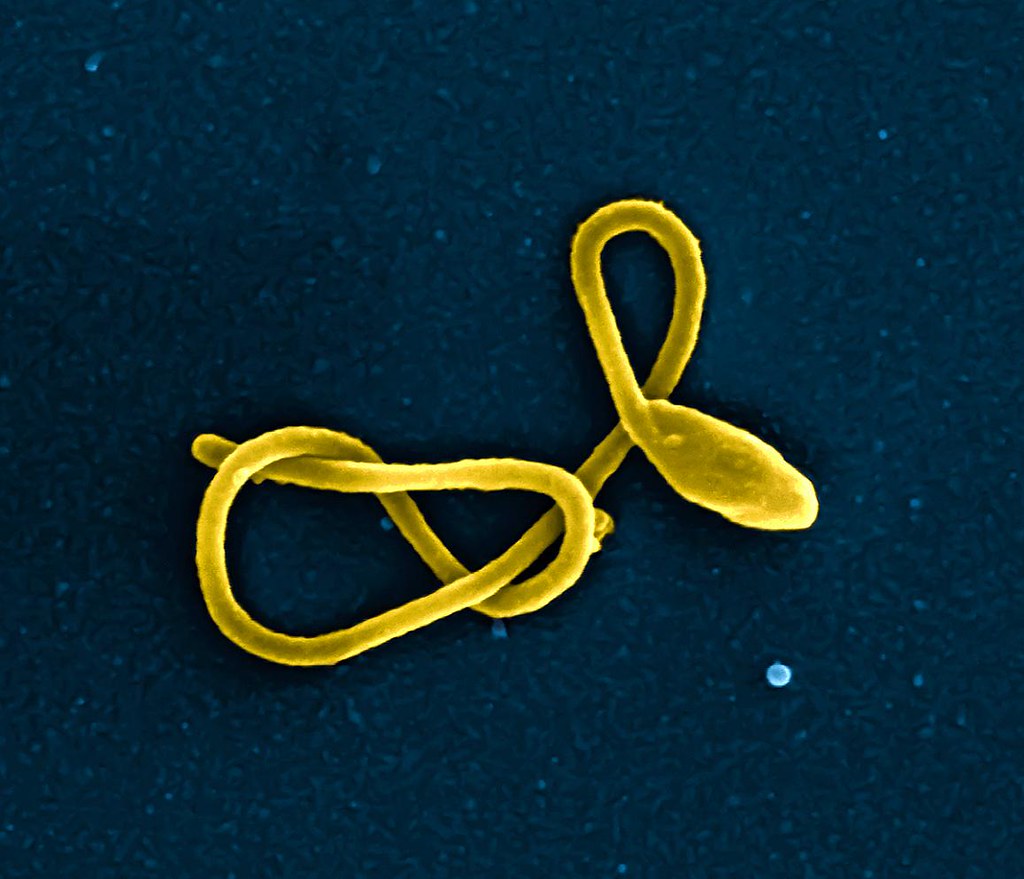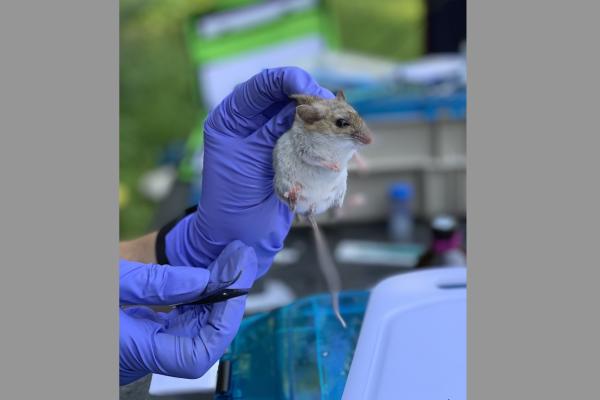Research roundup: Is Uganda ready to respond to the next Ebola virus outbreak?
February 26, 2021

A recent Ebola preparedness assessment completed by researchers at the University of Minnesota and Africa One Health University Network (AFROHUN) helped Uganda identify gaps in its health care system and worker readiness for an outbreak in the Kasese and Rubirizi districts of southwestern Uganda. Ebola constitutes one of the biggest public health threats in human history. On average, 50 percent of the individuals who contract the virus die. Ugandan health care professionals and leaders have responded to recently confirmed Ebola cases in neighboring African countries by prioritizing maximized response efforts. When Ebola first struck northern Uganda in 2000, the country collaborated with the World Health Organization and the US Center for Disease Control to scale up measures of disease prevention, detection, and control. To determine the efficacy of these measures, Innocent Rwego, BVM, PhD, MSC, of AFROHUN collaborated with a University of Minnesota team led by Katey Pelican, DVM, PhD, and Dominic Travis, DVM, MS, to interview 189 health care workers and visit 22 health facilities. The team reviewed the overall health system’s response capacity by measuring the availability of isolation units and personal protective equipment; health care workers’ knowledge for diagnosing, treating, and containing Ebola; on-site treatment and management guidelines; vaccination and therapeutic protocols; and training program implementation. A majority of health facilities lacked a budget to respond to Ebola, had no rapid response or burial teams, no personal protective equipment within eight hours, and had not completed any simulation drills. Similarly, the majority of workers had gaps in their understanding of Ebola control measures. Feedback from the researchers on the level of preparedness for an Ebola outbreak can help inform Uganda’s strategies for building capacity among its health centers and healthcare workers. This research was funded through an International Development Research Center Canada Ecohealth Chair Grant.
Read the paper published January 28, 2021, in BMC Public Health.
Photo of an Ebola virus particle courtesy of the National Institute of Allergy and Infectious Diseases


